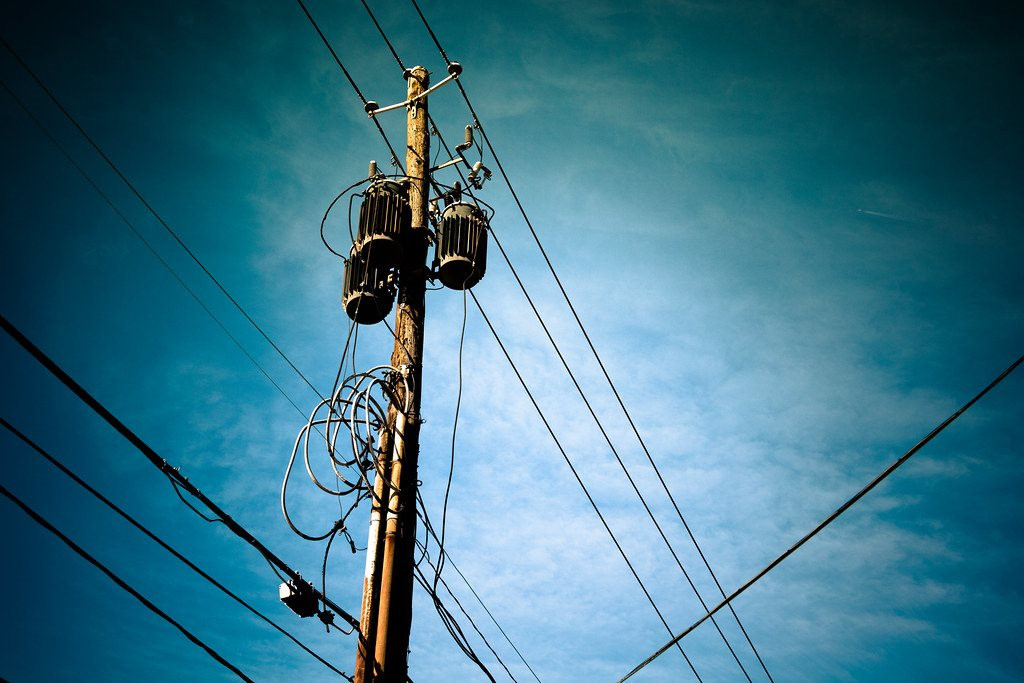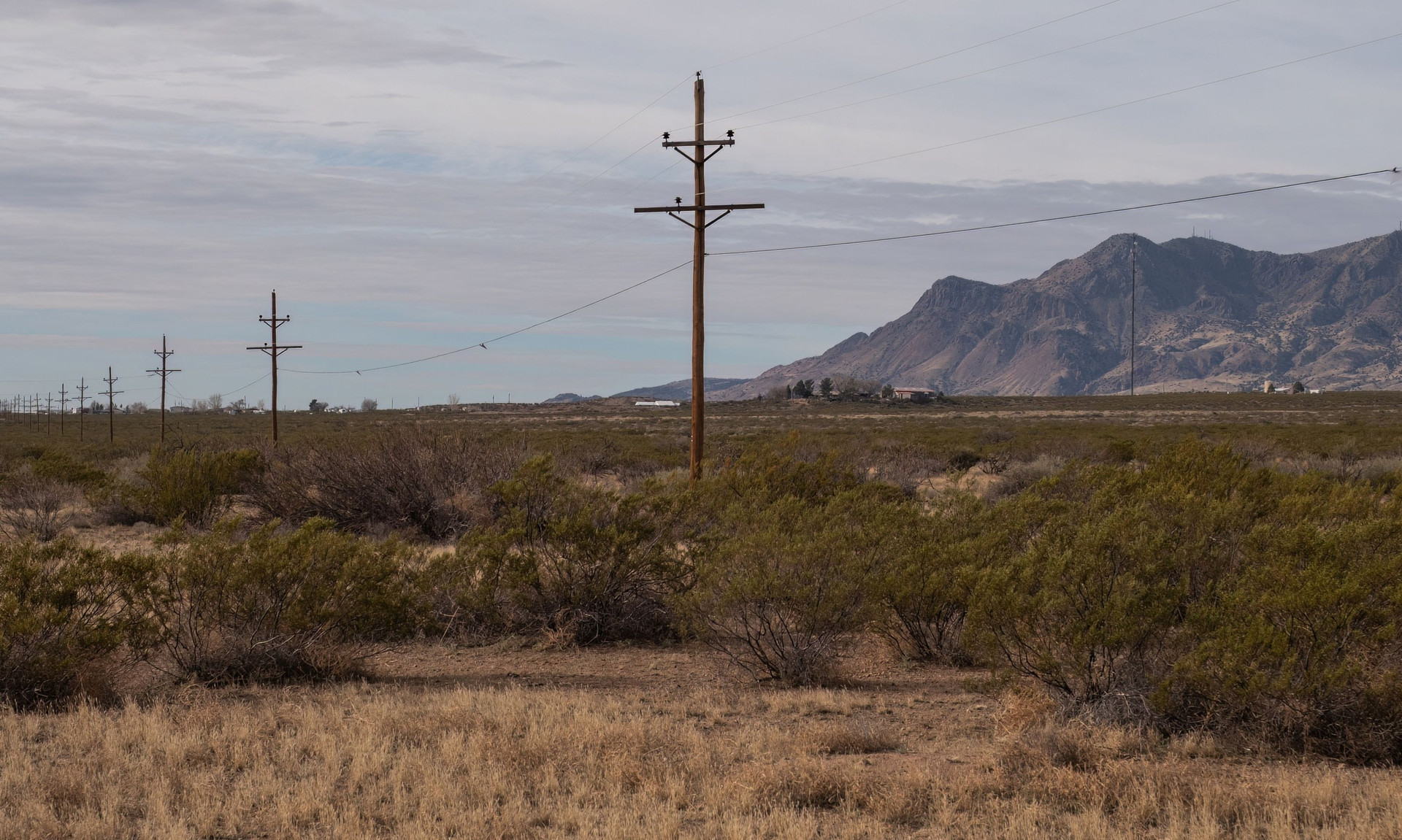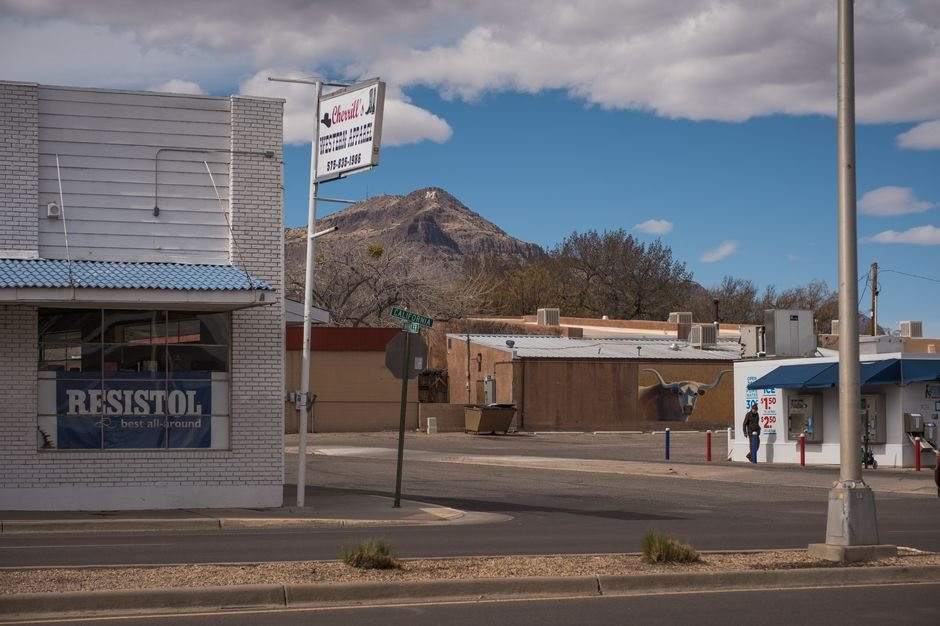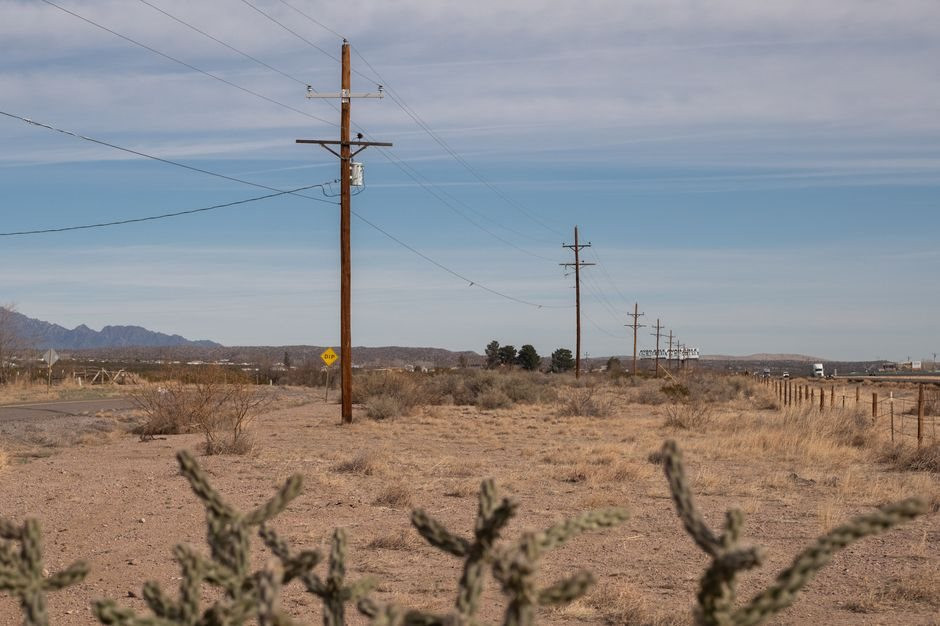US: The battle to build a $60 billion Internet system caused companies to fight ‘brained and bleeding’ because of… the electric pole
- Tram Ho

According to the Wall Street Journal (WSJ), the US is planning to spend at least $ 60 billion over the next 10 years to build a nationwide high-speed Internet system. But this is what creates a “bloody head” war between companies just because of the electric pole.
The ambition of nationwide high-speed Internet coverage will certainly require the installation of fiber optic cables to every household, every farm, and even into remote rural areas in the United States.
However, the problem is that many places in the United States still do not have electricity poles to install wires, or if there are, it is installed by electricity and telecommunications companies themselves, not by the government, leading to disputes over the right to power. beneficial to the Internet operator.
This dispute story is one of the reasons why many areas of the US, from Kentucky, Michigan to South Carolina, have to suffer because of weak networks. In Socorro-New Mexico, for example, two elementary schools there were without high-speed Internet for several years in a row because of a power pole dispute.
“Our students are suffering because the Internet is so weak,” said Socorro superintendent Ron Hendrix.

Electricity pole network in Sorocco
Stress
In fact, the story of infrastructure, Internet and electricity poles in the US has existed for a long time, but only became acute after the Washington government wanted to pour capital to upgrade the national network. Since the Covid-19 pandemic took place, many people have complained that the Internet is too slow when they return to their hometown to isolate.
In 2020, the US National Telecommunications Council (FCC) implemented a $9 billion program to expand the Internet in rural areas. Then the US states also spent billions of dollars in support from the Covid rescue fund and the local budget.
Entering 2021, the US infrastructure development act continues to pump 42.5 billion USD for the development of the Internet, the backbone of the technology industry.
Companies that spend money to build power poles like Exelon Corp or AT&T said they can arrange more lines for Internet operators to use, but need a compensation plan for construction costs that the company has spent, for example For example, upgrading to replace old power poles or pulling lines on poles.
It is this dispute over power poles that has made Internet carriers like Charter Communications Inc slow to progress in the coverage work that the Washington government wants to implement.
“Without the intervention of the government or state authorities in this electricity pole dispute, this will be the biggest obstacle to the ambition of 100% Internet coverage throughout the United States,” Charter wrote in a report to the FCC. .
Charter is even carrying out a lobbying campaign to call for transferring the cost of building power poles to electricity and telecommunications suppliers. This was immediately opposed by the companies owning the electric poles, who said that they only made the construction progress slower.
“Even if we are not compensated properly, we still build electric poles. People act like we’re not building, progress is just a little slow,” said Tom Magee, an attorney for Exelon and several other US power companies.

Sorocco-New Mexico
However, the actual story is quite different from the claims of power suppliers.
Going back to the elementary school in Socorro, the local government has been trying to connect a high-speed fiber-optic Internet cable with a length of 37km, using electric poles from Sorocco Electric Cooperative Inc since 2017.
This project of Sorocco was funded by the FCC but suddenly changed when the cost of pulling wires through poles and installing new poles became too high than expected. The Sorocco Electric side said that 189/341 power poles along the project route are too weak and not high enough to install more network wires, so they need to be replaced. As a result, the cost was increased by 200,000 USD compared to the original estimate.
The Sorocco government objected that the maintenance of the poles was the responsibility of the electricity company. However, Sorocco Electric did not accept this and caused the project to be prolonged.
In 2022, the Sorocco government decided to connect underground network cables instead of using electricity poles and is expected to start construction in 2023.
However, Sorocco Electric CEO Joseph Herrera warned that the cost of installing underground network cables is more expensive than using electricity poles.
“Wiring through poles will be the easiest and cheapest, while installing underground cables will cost a lot of maintenance, upgrade and cost users more,” said CEO Herrera.
Bad play
The WSJ reported that not only is there a dispute over the rights to use electricity poles, but many companies also use tricks when there are new competitors.
In 2020, Charter won the bid to build Internet fiber optic cables to 6,000 locations in Bowling Green-Kentucky. The company plans to use the pole system of Warren Rural Electric Cooperative Corp.
Immediately, Warren Rural Electric rolled out its own network service through its locally owned poles, thereby vying for funding from the FCC fund that was awarded to Charter.
The Charter side accused Warren Rural Electric of submitting a plan to build a network for Charter but it took 14 years to complete, thereby unfair competition.

Electricity pole network in Sorocco
After a series of petitions from Charter, Warren Rural Electric accepted this Internet operator to access their electricity poles.
A spokesperson for Warren Rural Electric said they are not trying to compete with Charter, but simply with the advantage of owning electricity poles, it is easier for the company to build the Internet network to households.
*Source: WSJ
Source : Genk
